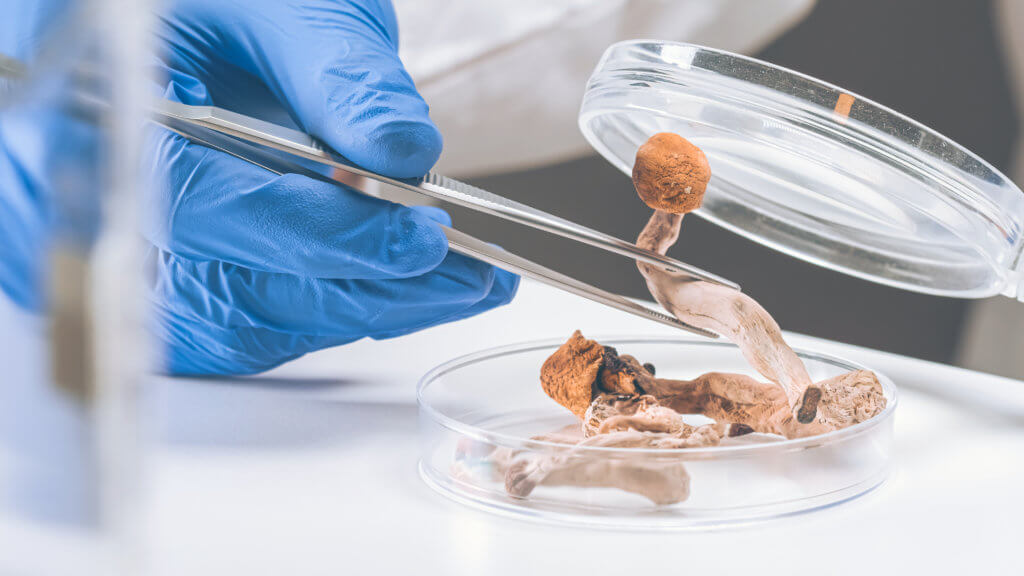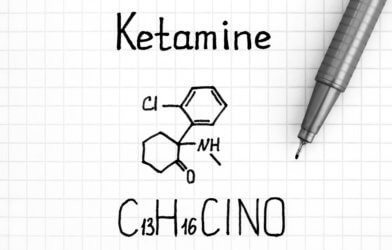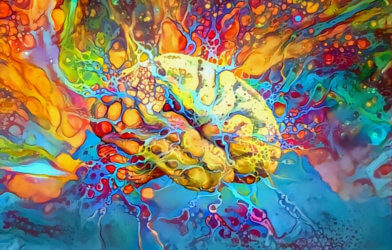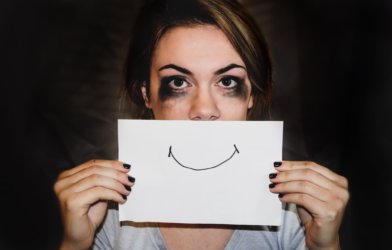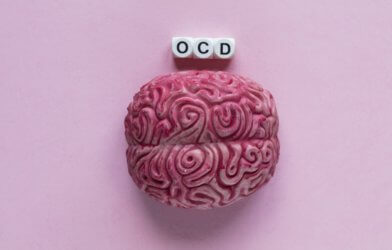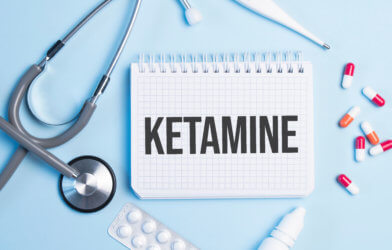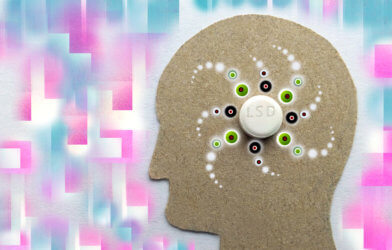The ingestion of psychedelic drugs in microdoses can lower symptoms of depression and anxiety, according to a new study from researchers at the University of British Columbia, Okanagan. Individuals who regularly consumed microdoses of psychedelic drugs, such as psilocybin or LSD, reported a far greater reduction in reported levels of anxiety and depression than those who did not.
Microdosing involves the consumption of psychedelic drugs in very small quantities—far less than the amount needed to get high. While research into the potential therapeutic benefits of psychedelic drugs is far from new, the effects of ingesting smaller doses is still under debate.
This study, among the largest ever to focus exclusively on microdosing psychedelics, suggests new avenues are available for mental health treatment. The new data is encouraging given the individually subjective nature of mental health disorders and the lack of a one-size-fits-all treatment option for depression or anxiety.
With half of the participants assigned a microdosing regimen, researchers were able to accurately compare the effects of psychedelic microdoses on depression and anxiety. When comparing microdosers to non-microdosers, a distinct correlation became apparent: microdosing participants reported a stark decrease in levels of depression and anxiety—unlike their non-microdosing counterparts.
The potential of a new tool in the fight against depression and anxiety is exhilarating, according to lead author Joseph Rootman. The increasing prevalence of mental health disorders in modern society makes the addition of any new treatment options immensely optimistic.
Additionally, researchers implemented the practice of stacking for participants. This practice combined psychedelic microdoses with other natural substances, such as niacin and cacao. While results are preliminary, data suggests the practice of stacking may increase the effectiveness of psychedelic microdosing, further reducing levels of depression and anxiety.
Public participants in the study were asked to self-administer their prescribed microdose, then anonymously report their results. This utilization of citizen science is encouraging for future research. “The use of citizen science allows us to examine the effects of behaviours that are difficult to study in the lab due to regulatory challenges and stigma associated with the now discredited ‘war on drugs,’” says study co-author Kalin Harvey in a statement.
Further research is needed, but these initial findings suggest microdosing psychedelic drugs may offer new help to those struggling with these often debilitating mental health conditions.
The study is published in Nature.
Article written by Adam Swierk
